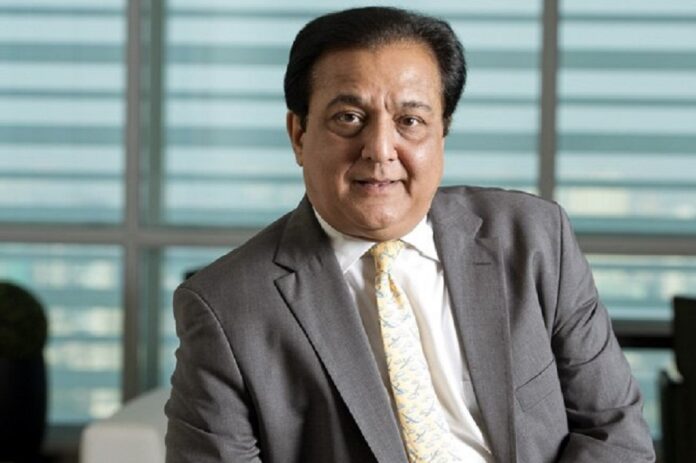Rana Kapoor, the founder of Yes Bank, was granted bail by a Mumbai court on Thursday. Kapoor was detained in March 2020 and charged with money laundering. Under Section 436A of the Criminal Procedure Code, Kapoor was granted relief by the special court established by the Prevention of Money Laundering Act.
The longest an under trial prisoner may be held is specified in Section 436A. No such individual may be held for more than half the maximum sentence allowed by law for the offence, according to the proviso to the Section. In the ruling dated December 21, special judge MG Deshpande noted that Kapoor had been in custody for three years and nine months. This is more than half of the seven years that Kapoor might be sentenced to for his alleged conduct.
The Court objected to the accused’s protracted detention and chastised the ED for rejecting the bail request even though the trial had not yet begun when Kapoor was imprisoned for more than three years. “What about his unjustified, minimum-sentence-qualifying detention? Should the accused be exonerated in the future? This is a really important query. The rigours of the twin conditions under Section 45(1) of the PML Act were weakened by the applicant’s prolonged, undue incarceration of 3 years and 9 months without a trial, without even starting the initial stage of framing charges, and without prompt action from the ED as required by Section 44(1)(c) of the PML Act. The Court stated that the ED’s argument for rejecting the bail application amounts to nothing more than implicitly granting them permission to carry out their investigation for an additional seven years, if not longer.
On March 8, 2020, the Enforcement Department detained Kapoor on suspicion of accepting bribes totaling Rs 600 crore from a family-affiliated company in exchange for Yes Bank loans to the infrastructure firm Dewan Housing Finance Limited (DHFL). As the bank’s MD and CEO at the time, Kapoor was accused by the ED of committing a major economic offence by abusing his financial position to obtain excessive benefit for himself, his family, and colleagues.
The court stated, “As of right now, the applicant (Kapoor) has been detained in judicial custody for three years, nine months, and thirteen days, and it is acknowledged that the trial has not yet started.” Although the court is not required to grant bail under Section 436A, it must consider whether the accused is to blame for the delay and provide written justification for the detention. The court stated that Kapoor cannot be held responsible for the trial’s delay and has recreated the roznamas, or notes, of the sessions held in the case from 2020 to the present, totaling 207 dates. It stated that the ED had not submitted any evidence indicating the reason for the trial’s delay.
The fundamental tenet of the legal system is that an accused person is presumed innocent until and until their guilt is proven beyond a reasonable doubt. If the accused is found not guilty in the future, what would happen to his unjustified minimum sentence of unnecessary incarceration? This is a very important question, the court declared. It further stated that the ED and the CBI, the investigating agency for the planned offence connected to the ED case, have cited a total of over 250 witnesses. They are still claiming that the investigation is ongoing, so the trials will not be finished quickly.
Judge MG Deshpande has already criticised the ED for delays in handling money laundering cases that the agency is investigating. Shiv Sena (UBT) leader Sanjay Raut was granted bail in November 2022, but the judge pointed out that although the ED arrests people incredibly quickly in money laundering cases, trials are handled glacially. The judge in the same instance had also mentioned that it seemed the ED was selective in who it arrested.
The same judge had before noted that a court cannot work with the ED to continue the dehumanizing practice of providing bail to two other individuals in a PMLA case. Judge Deshpande continued, “To yield to the irrational demand of the ED to automatically extend the judicial custody of accused persons would amount to a violation of the accused’s liberty under Article 21 of the Constitution.”







tadalafil works by blocking pde5 nitric oxide
tadalafil works by blocking pde5 nitric oxide